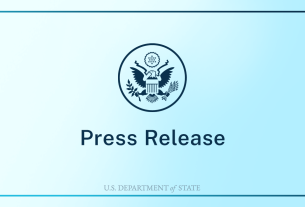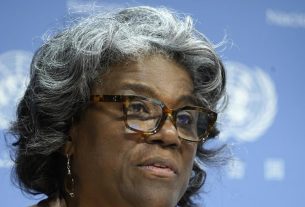A new quantitative study from National Observatory on Violence Against Educators represents one of the most comprehensive efforts to date to measure the nature and scale of censorship and harassment of educators across Brazil.
While previous analyses have documented the legal and political tactics to undermine or prohibit human rights education, this new report offers a nationally representative dataset showing the problem’s breadth: in every region of the country, at least 90 percent of educators reported directly experiencing or indirectly hearing of acts of censorship or harassment.
The research draws on 3,012 responses collected through an online survey between May and September 2024 from educators in all regions and across levels of education. The sample was weighted using official employment data to approximate the regional distribution of the national education workforce. Most respondents (~70 percent) worked in basic education, and 88 percent were employed in public schools.
Nearly half of respondents said that, since 2010, they have experienced four or more incidents restricting their pedagogical autonomy, including school officials, parents, and political figures intimidating or prohibiting them from teaching topics protected under Brazilian and international human rights law.
Themes commonly targeted include questions of gender and sexuality, categories deliberately reframed by extremist actors as taboo or illegitimate in the classroom. These findings align with the patterns of gender- and sexuality-related harassment Human Rights Watch documented in a 2022 report, where misinformation was weaponized to curtail educators’ teaching of this content.
Among those who reported being directly targeted, 76 percent reported significant negative impacts on their work, while 67 percent reported impacts on their personal lives, including stress, self-censorship, and, in some cases, removal from duties by school authorities or physical aggression by students’ families, other educators, or students, among others. Even educators who only heard of attacks second-hand reported fear and self-silencing, pointing to the collective negative impact of harassment and censorship.
The report identifies spikes in censorship during electoral years, particularly 2018 and 2022, suggesting that schools have become political battlegrounds, with heightened persecution correlating with moments of intensified polarization. These findings should raise alarms for policymakers and civil society as Brazil approaches future electoral cycles.
The study provides essential empirical grounding for understanding the scale and systemic nature of attacks on educational freedom in Brazil. The federal government and local education departments should support educators to ensure that they feel confident and protected when teaching human rights content.



